By: Emma Tonge, Intern with the NOAA Marine Debris Program
Updated the EPA Fact Sheet on 11/14/2019
In the United States, the typical person creates an average 4.51 pounds of waste every day (according to the EPA’s Advancing Sustainable Materials Management: 2017 Fact Sheet). When thinking about this trash, we tend to think of it as worthless and without any use. However, a large part of our daily waste actually has value and can be given a second life through recycling.
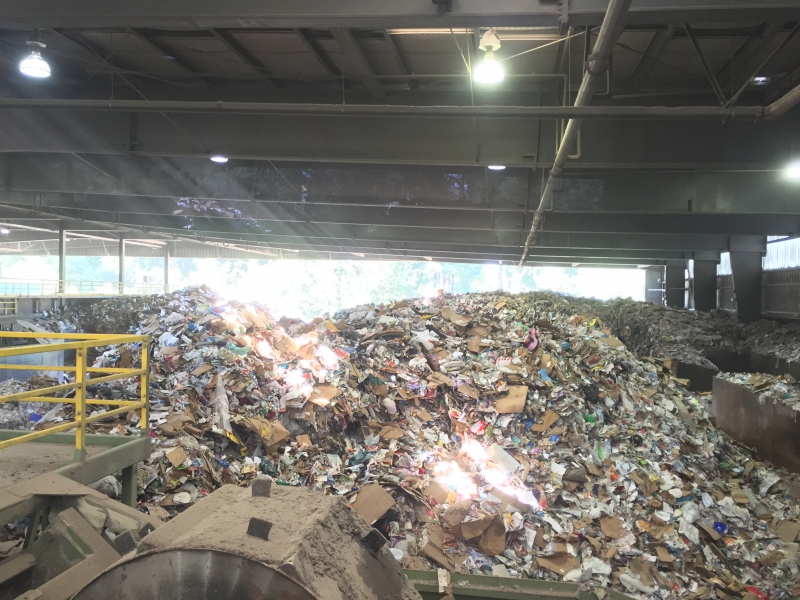
Recycling is not only a great way to reduce your impact, but also a great way to prevent marine debris. When you make the choice to recycle your used plastic, glass, metal, and paper, these materials are diverted from landfills and the environment, and turned into new and usable items. Plastic materials are especially versatile and can be turned into many new products, including construction materials, jackets, or even carpeting.
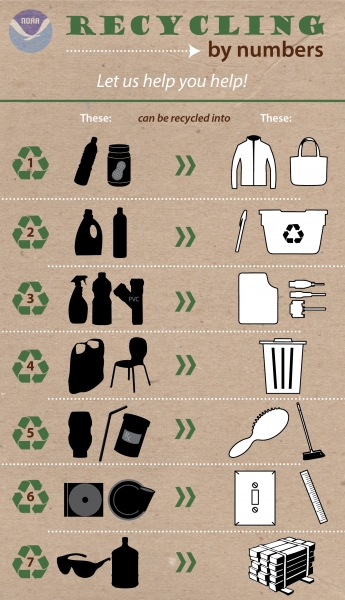
You may be asking, but how do I recycle correctly? That depends on the recycling facilities in your local community! Remember that not all facilities are the same, technology changes, and many areas of the country provide different options. Some can take almost any item with the recycling symbol on it, all mixed together in one bin, and separate them by machine or by hand. Certain machines can even recognize different materials, using an optical sorter and a burst of air to separate PET and HDPE from other types of plastic. Other recycling facilities may not be able to handle certain types of materials or single-stream recyclables (when all materials are mixed together when collected), instead requiring you to separate your items before they hit the curb.
Find out if recycling is available where you live by heading to your city or county website, or by looking up your zip code on http://www.iwanttoberecycled.org/. You can find information on services available to you, as well as guidelines on how to recycle right. Rather than “wish-cycling” or guessing what is okay to recycle in your area, let’s work to become more informed about recycling options in our neighborhoods!
Unfortunately, marine debris continues to threaten the marine environment. However you (yes, you!) can make a difference by disposing of your waste responsibly and giving it a new life through recycling!

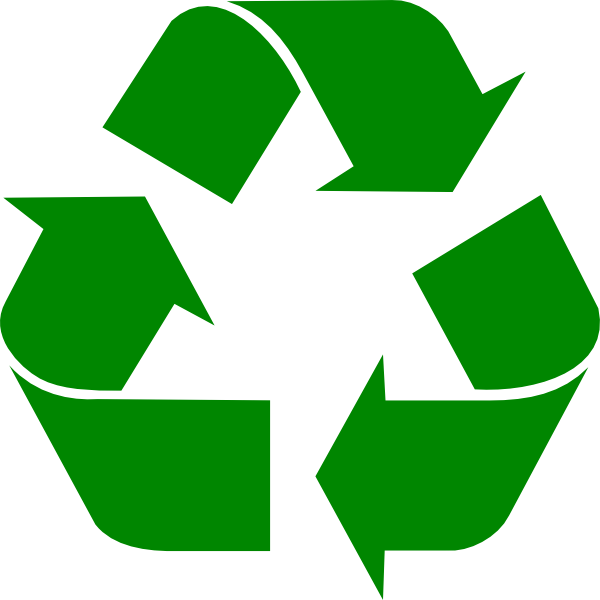
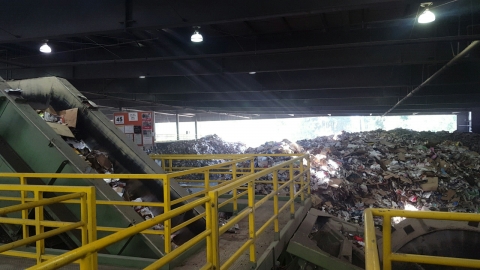
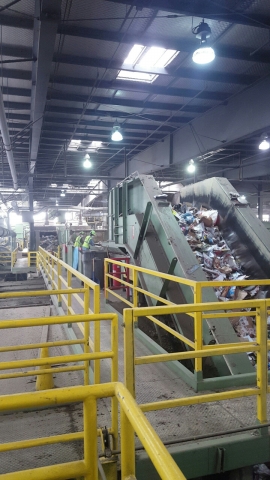

If only we the consumers will be the end products of what ever products we are using and will not end in the landfill it all should be determined with these manufacturers, for example if plastics are major contributors then why not eliminate the use of it.